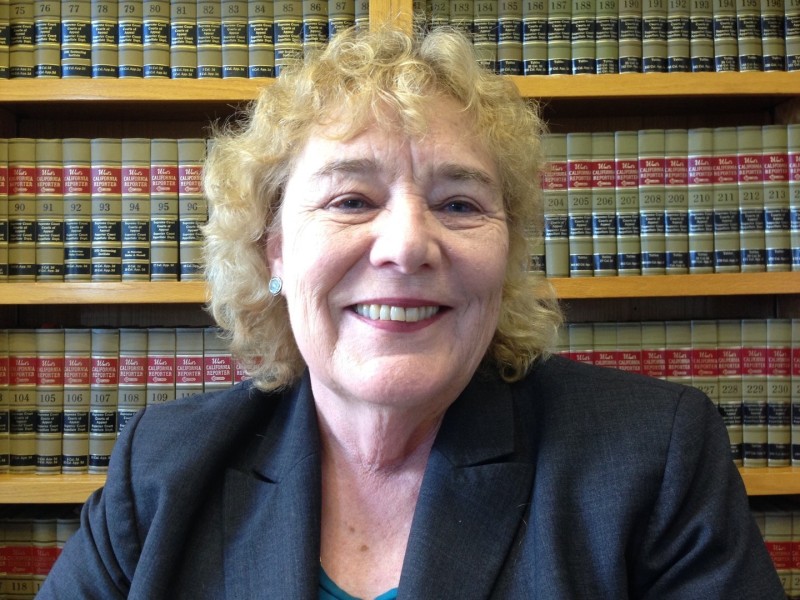The 1986 law permits the government to get emails without a warrant after 180 days. Lofgren says that time limit is based "on the presumption, I guess, that nobody has a privacy interest in emails stored beyond 180 days. That's absurd."
If this sounds familiar, it's because Lofgren introduced something similar before, to no avail. This go-round, the bill's chances may be boosted by additional sponsors, Rep. Ted Poe (R-Texas) and Suzan DelBene (D-Washington).
Secure Data Act
The Secure Data Act protects Americans’ privacy and data security by prohibiting surveillance agencies from requiring
surveillance “back doors” in products and services.
Lofgren is sponsoring the bill with Rep. Jim Sensenbrenner (R-Wisconsin), chair of the Judiciary Subcommittee on Crime, Terrorism, Homeland Security and Oversight, and Thomas Massie (R-Kentucky), both of whom she's worked with before to limit government snooping on citizens.
"I think the consensus is more overwhelming than people may realize," she says.
Last year, Lofgren got an amendment tacked onto the Defense Department appropriations bill that covered some of the ground of the proposed Secure Data Act. The proposal got 293 votes, including a majority of both Democrats and Republicans in the House.
"It's the overwhelming consensus in the House of Representatives that the Fourth Amendment [which bars unreasonable searches and seizures] should matter ... that we don't have to destroy the Constitution to keep ourselves safe."
But the language was ultimately stripped out of the legislation by the Senate Intelligence Committee.
Surveillance Order Reporting Act
The Surveillance Order Reporting Act will enable companies to publicly report on the number of surveillance orders they receive from government agencies and how many of their users are targeted by those demands for information under the Foreign Intelligence Surveillance Act and national security letters.
Currently, companies are barred from disclosing even basic information about the requests they receive.
While Lofgren anticipates bipartisan support in both houses, it's less clear, she says, how the GOP leadership will respond. It's also uncertain she'll win backing from the Obama administration, which has been at odds with Lofgren on a number of cybersecurity fronts, favoring government flexibility in investigations over individual privacy.
"I think presidents, including President Obama, tend to follow the lead of their intelligence community," Lofgren says. "I think it's an occupational hazard. I think there have been some reforms. I do want to give him credit for that."
But she says it's time for the legislative branch of government to step up and serve as more of a check and balance to the administrative branch.
"My understanding of the Fourth Amendment is that you can't void it through a statute or a legal opinion."
